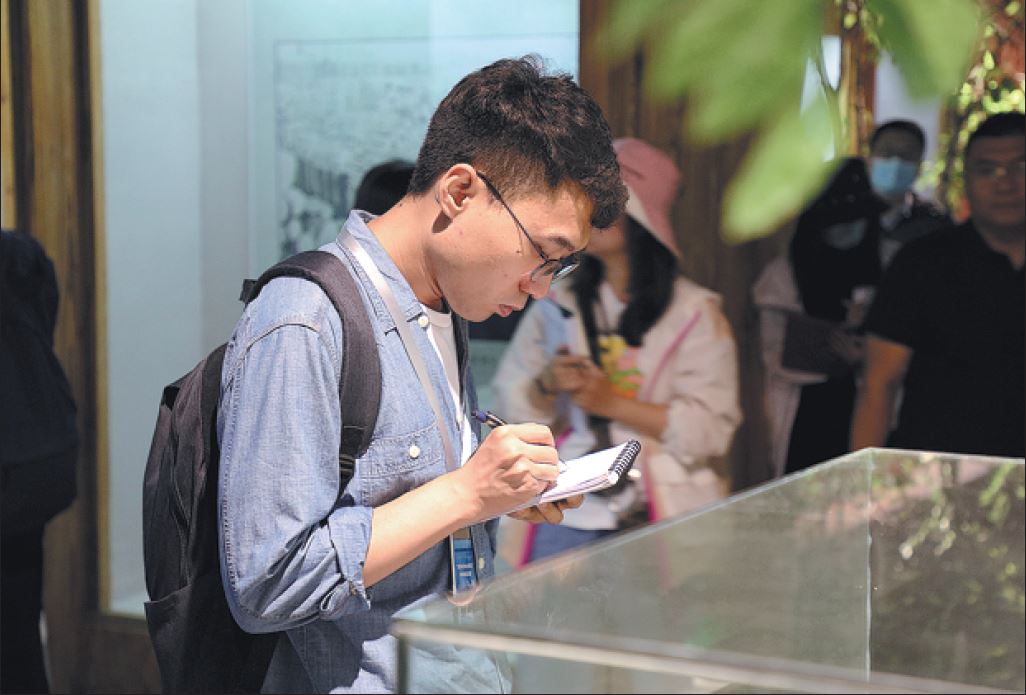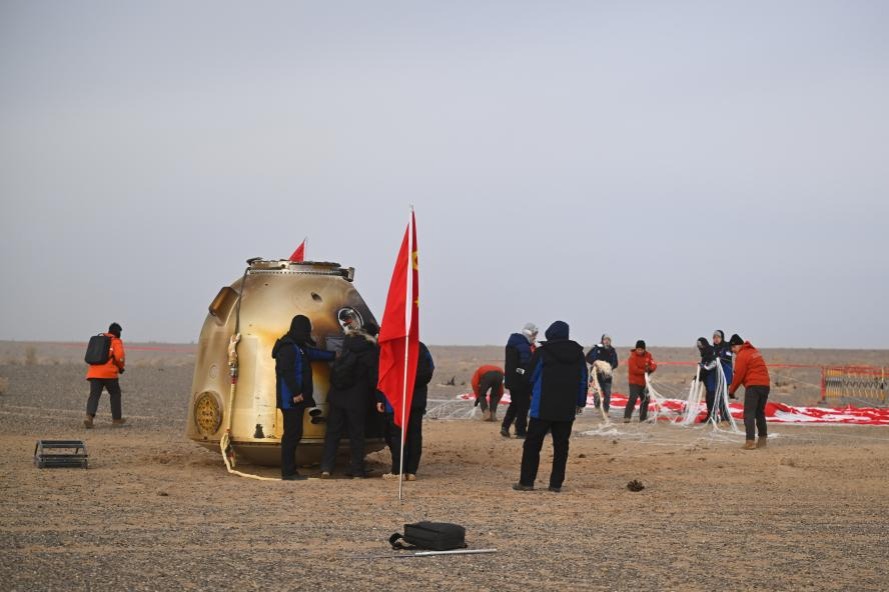Reporter's logs: The stories that shaped our year


Basic measures can help address essential needs
Without juicy figures, decisions or policy announcements to be unveiled, certain events may appear less than attractive to print media or TV programs.
But that does not diminish their importance as "aha" moments for young reporters like me.
On a sultry afternoon in September, I was sent to cover an advisory session in Beijing that was focused on issues surrounding poverty alleviation.
The attendees included some of the most powerful and influential figures in the field.
They included Liu Yongfu, head of the nation's top poverty-relief agency, who commands a sprawling network of money and human resources that turbo-charge targeted programs in far-flung communities.
Invitations had also been extended to prominent economists and sociologists, such as Zhang Yaguang of Peking University and Ye Jingzhong of China Agricultural University.
At the time, the COVID-19 outbreak had largely been stamped out domestically, allowing the government's antipoverty drive to resume at full pace.
With victory on the horizon, Liu's agency was hatching follow-up assistance measures for rural regions.
Only a handful of reporters attended the hourslong policy debate at the agency's headquarters, partly because the event, unlike news conferences, was only advisory in nature.
I attended primarily to exchange business cards with big names, but I left the event with more valuable insights than contacts.
Some of the thoughts I jotted down on my laptop helped form the core messages I have been attempting to convey to a global readership: messages that have been downplayed, if not omitted completely by some other media.
I have listed some of the things I took away from the meeting.
First: The People's Republic of China started curbing poverty almost as soon as it was founded, though the benefits only started emerging much later, after the nation embraced sweeping reforms in the late 1970s.
Second: The poverty-relief efforts that started in late 2012 were an attempt to involve the rural poor in the fast-advancing national economy through the "hands of government", after the nation's exhilarating economic growth in recent decades had failed to eradicate extreme poverty on its own.
As a matter of fact, nearly 100 million farmers were labeled "impoverished" in 2012.
Moreover, a great many poverty-relief programs cannot be assessed simply by assessments of how cost-effective they were.
For example, some roads built to bridge deep ravines and connect scattered communities are not expected to return the outlay, at least not in the short term.
However, the projects make sense because they provide greater access to services and opportunities in far-flung regions.
As I looked up from my laptop with many thoughts bubbling, a line of gilded Chinese characters grabbed my attention because they outlined one of the PRC's founding principles: "Eliminating poverty, improving livelihoods and realizing the common wealth are the essential requirements of socialism."
Li Le
- Civil aviation readies for record rush
- Innovative architecture gives rise to schools of the future
- New Year art draws on town's colorful tradition
- Debris-hit spacecraft returns after 270 days in orbit
- Arab League delegation visits China-Arab Research Center on Reform and Development for 10th anniversary
- Shanghai Jiao Tong University launches Center for Studies of Global South Sustainable Development





































